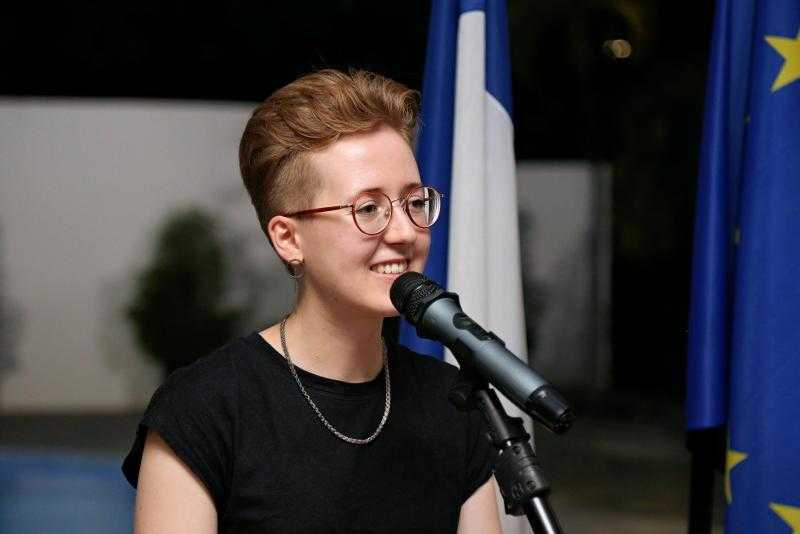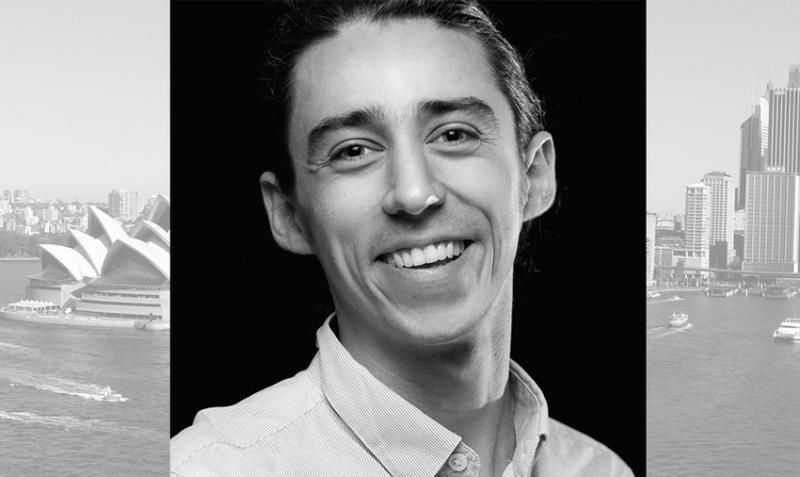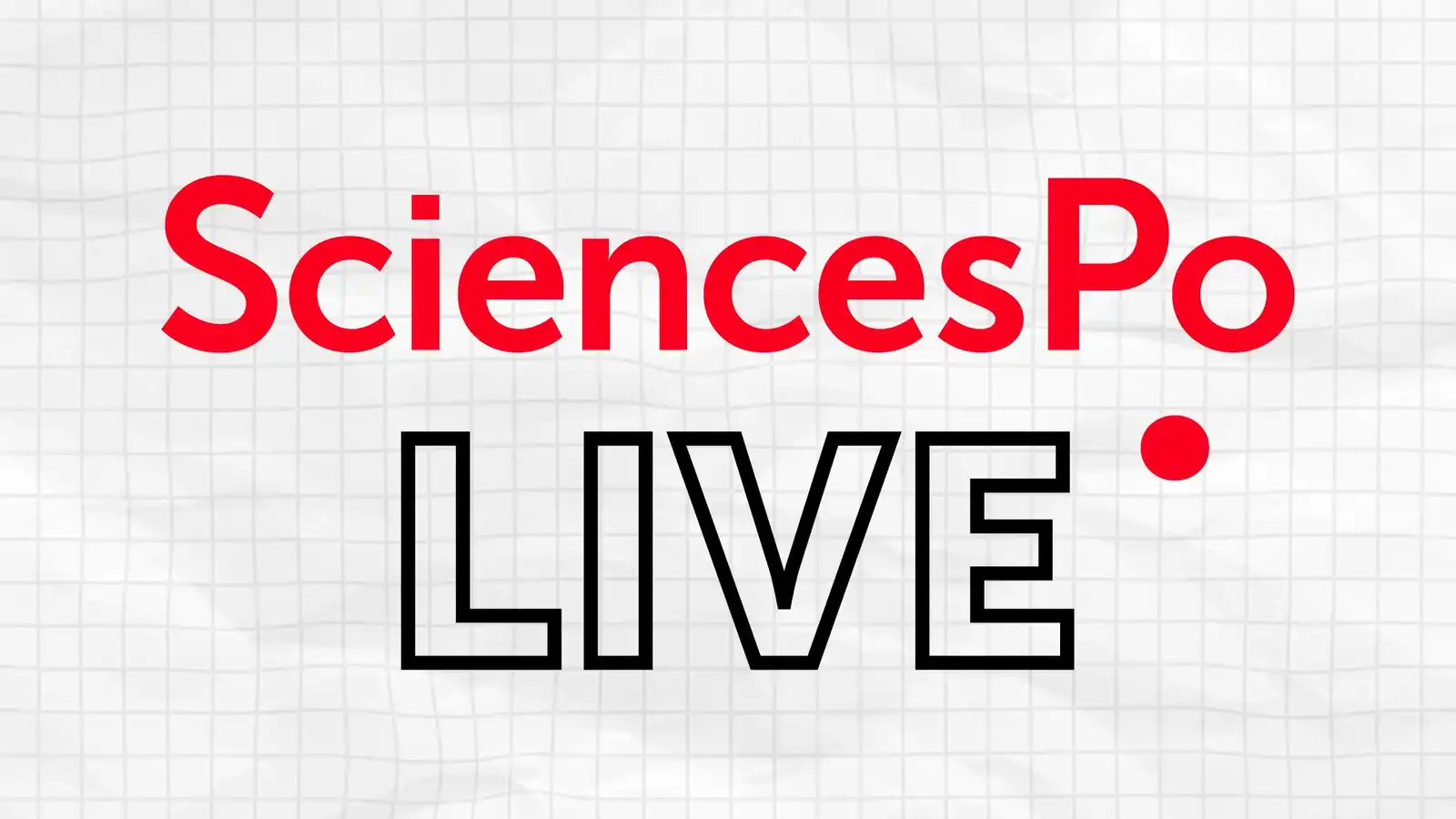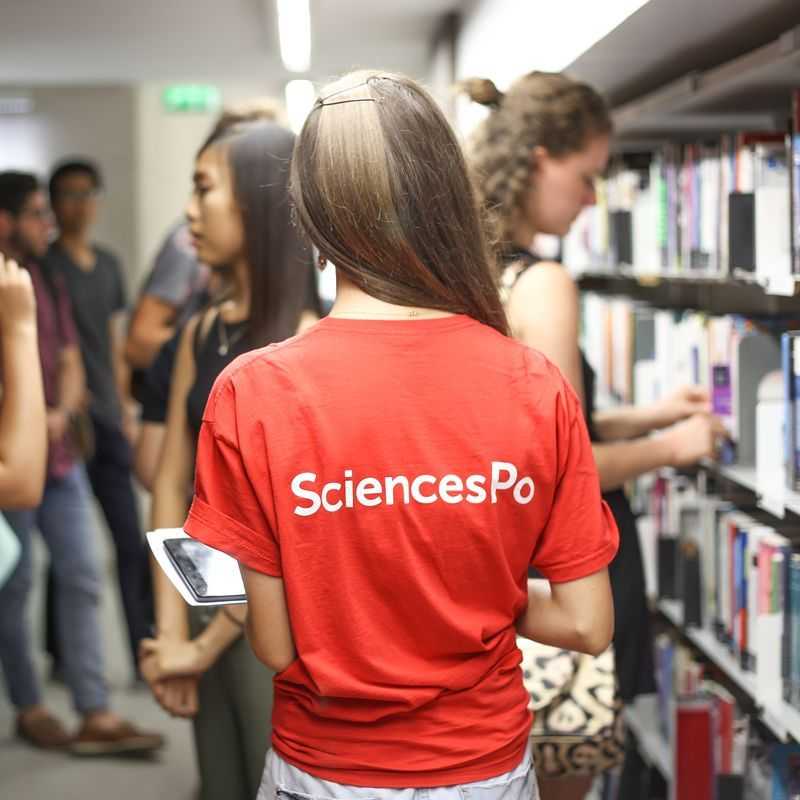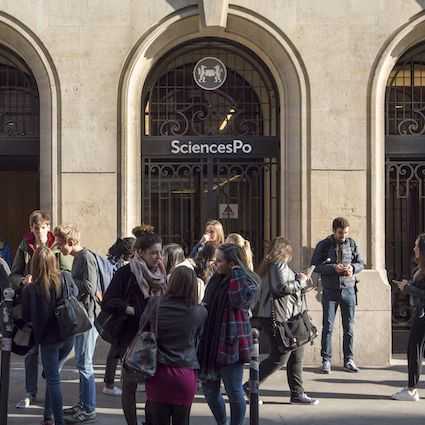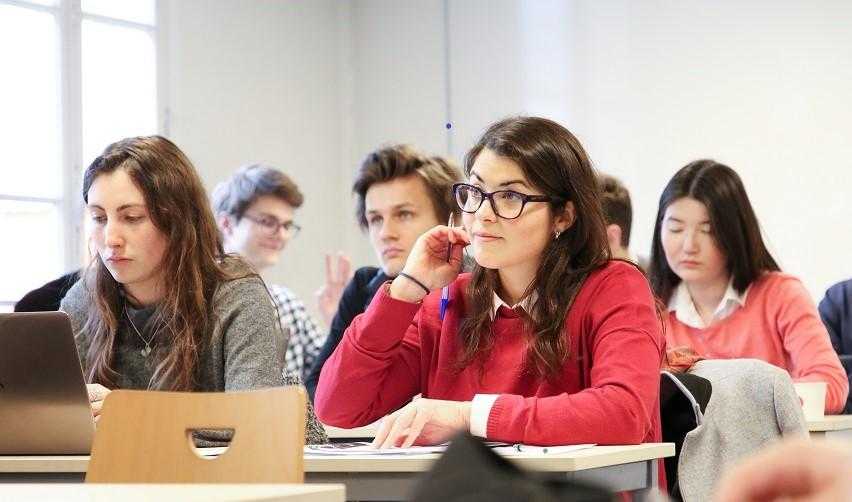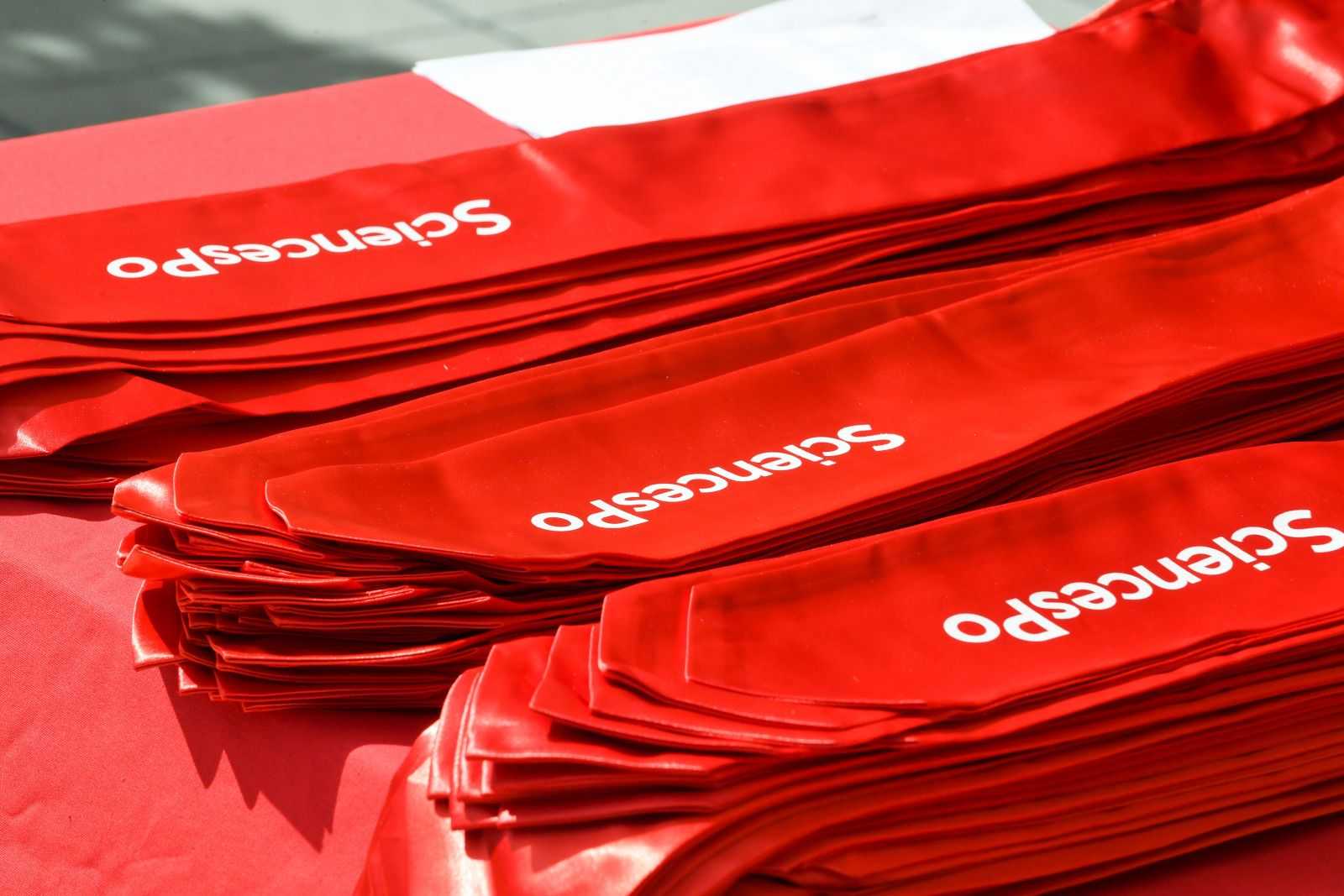
Home>Academics>Master Governing the Large Metropolis
Master Governing the Large Metropolis
Two-year Master's
Programme in English
120 ECTS minimum
Training in governing the large metropolis
Big cities around the world are vibrant, dynamic, and full of opportunities. These global metropolises also grapple with significant challenges (housing, transport, new technology, climate change, economic growth, public services). The Master's program, Governing the Large Metropolis (GLM), trains urban professionals to create innovative solutions in the public and private sectors for the city of the future.

Objectives and skills
- Social sciences (with disciplinary courses in sociology, political science, law, economics, policy analysis, and geography applied to metropolitan development)
- Regional studies (Africa, China, Latin America, Middle East, North America, South Asia, South-East Asia)
- Policy Sectors (urban and metropolitan planning, housing, transport, utilities and infrastructure (water, energy, sewage), smart cities and digital governance, urban welfare and social policies, migration, environment and sustainability)
- Methodological training in qualitative, quantitative, and GIS (Geographic information system) methods
- Management and professional skills (Professional training is provided in the first year through a capstone and collective study trip; in the second year, through case studies and workshops taught by professionals working in international organizations, NGOs, and private companies, and a semester-long internship).
The Urban School has connections with urban professionals and research groups around the world, including in Bogota, Lima, Mexico, Buenos Aires, Rio de Janeiro, Sao Paulo, Los Angeles, Chicago, New York, Beirut, Istanbul, Cairo, Manila, Mumbai, New Delhi, Jakarta, Beijing, Shanghai, Tokyo, Nairobi, Lagos, and Johannesburg.
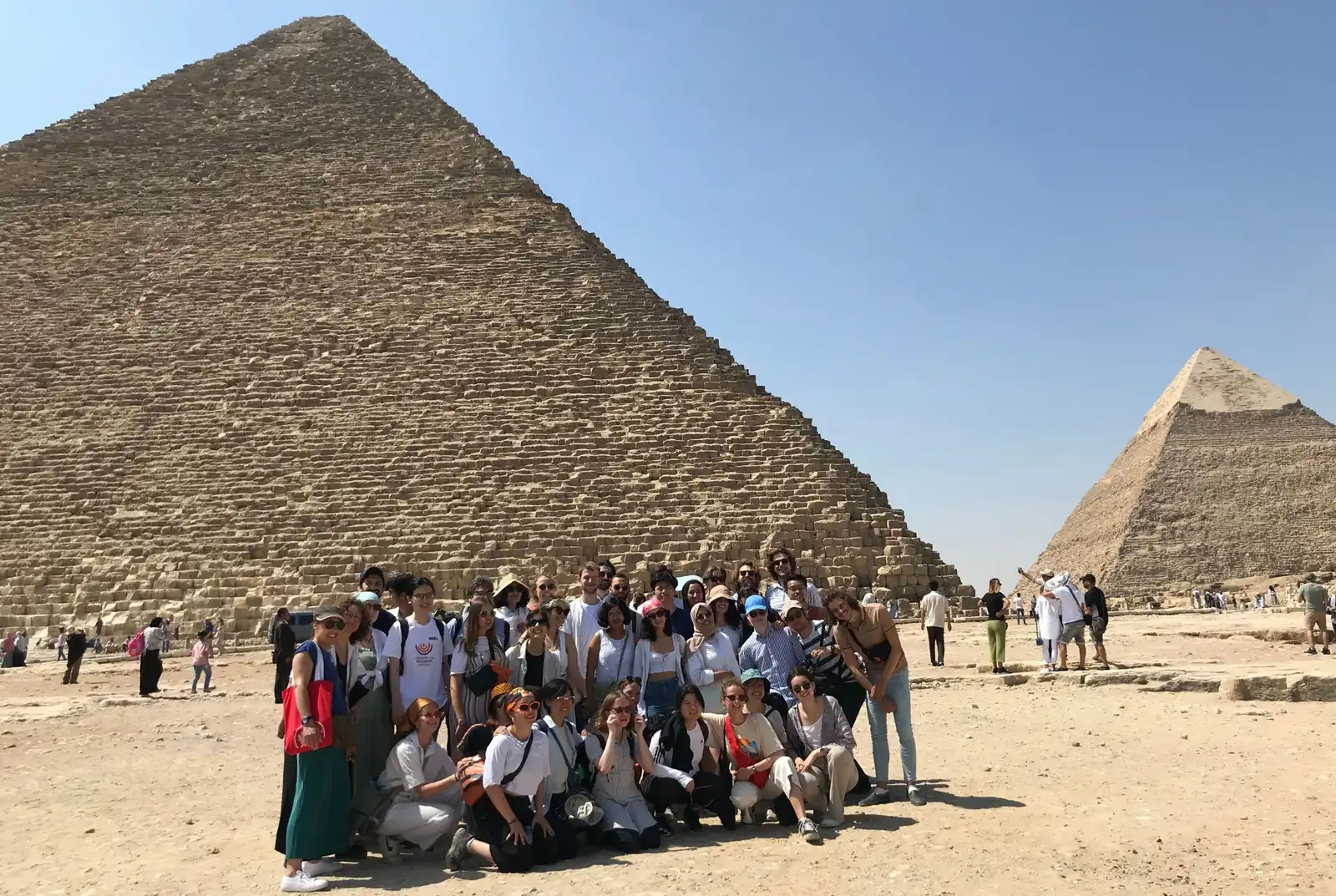
Program structure

Download the program structure
First year
The first year encompasses two semesters: Semester 1 covers interdisciplinary topics like public policy, digital politics, and urban planning, with a focus on research skills. This semester focuses on developing academic and professional writing skills, fostering teamwork (group project), and honing public speaking abilities. Semester 2 emphasizes practical experience, including a study trip, core courses in law, economics, statistics, and regional specializations.
Second year
Semester 3 focuses on professional development, with training in project management, policy skills, and practical tools. Students collaborate with professionals and choose policy specializations. Semester 4 is dedicated to full professional immersion, requiring a minimum 14-week internship. Students complete either an Internship Report or a Professional Dissertation, which involves academic research related to their internship and is evaluated by a committee.
Students may choose to go for a semester exchange in partner universities: Hong Kong University, Politecnico di Milano, Renmin University of China, UCL Bartlett School of Planning, University of Amsterdam, Zhejiang University, and UCLA (see below).
Students enrolled in the entrepreneurial track (see below) must spend the semester in the Sciences Po Incubator to develop their business projects and startups. They may attend special workshops to design their business plan, organization, and marketing strategy. At the end of the semester, they must submit a Business Report.
Students enrolled in the research track (see below) must spend the semester in a large metropolis (outside of Europe), doing fieldwork and writing a Research Dissertation by mid-May. They work under the supervision of a GLM faculty member, as decided by a joint committee of the Urban School and of the School of Research of Sciences Po.
Course outlines
Note: Curriculum plans evolve every year to address various needs and developments.
Dual degree with TISS (India)
The dual Master's degree in Global Urban Development with the Tata Institute in Social Sciences in Mumbai in India provides skills in global comparative urbanism and urban governance with training in India and Europe.
Tracks (optional)
Students who intend to do a PhD can begin a research track in sociology or political science since the second semester of the Master's programme (faculty in charge: Laurent Fourchard). The Research Track is organised in collaboration with the Sciences Po School of Research and open to every GLM student in the second semester, but then it is submitted to a selection process by a joint committee of the Urban School and the School of Research at the end of the second semester. The selection is not based on a closed number of places, but on the skills of the applicant. Student’s grades, motivation and a preliminary research proposal are taken into account.
Students who intend to open their own start-up, or who want to acquire skills to work in a start-up, or who want to familiarize with open-management techniques for small-size enterprises on metropolitan topics can engage in the entrepreneurial track. It is organised in collaboration with the Sciences Po Entrepreneurial Center and open to every GLM student in the second semester, but then it is submitted to a selection process by a joint committee of the Urban School and the Entrepreneurial Center at the end of the second semester. Students may take specific courses in the second and third semesters and join the Sciences Po incubator to receive support on management, financing and marketing around a valuable business project.
Students interested in topic related to governance & planning of large metropolis may enrol in a Students Exchange Semester with the Luskin School of Public Affairs, Department of Urban Planning, UCLA. Each year, during the third semester, the three GLM students going to UCLA will have classes at the Planning Department about urbanization, planning, globalization and regional development and quantitative analysis (faculty in charge: prof. Patrick Le Galès).
Career opportunities in Urban Governance
The Vocational Statement: during the whole duration of the programme, students are assisted in their course and professional orientation through a regular vocational statement exercise. We help students to discern their professional project, and find a path to achieve it.
Preparing for a career in a vibrant job market
GLM alumni work in cities and regions around the world, as executives, entrepreneurs, and researchers, in public, private, and third sector roles. They work in:
- Urban and regional governments in various sectors (transport, digital transition, environment, housing, development, culture)
- Urban planning agencies, economic development agencies, urban political organisations
- Multilateral organisations such as the United Nations, and OECD
- Private developers and international consultants
- Utility firms (on water, transport, waste management, energy)
- Environment, health, security and food organisations
- NGO's in different sectors (democratic governance, environment, housing, development, culture)
- Networks of cities (UCLG, 100 Resilient Cities, C40, ICLEI)
- Private companies, foundations and think tanks
- Academic careers through pursuing a PhD
You can contact some of them via the In Situ Association.
More about career opportunities after a Master's degree at the Urban School:
Alumni testimonials
Contacts
Academic Director : Sukriti Issar
Academic Advisor : Cyriel Pelletier, contact : Olivier Echegu
Administrative Manager ; Follow-up of international students : Antoine Tisserant

